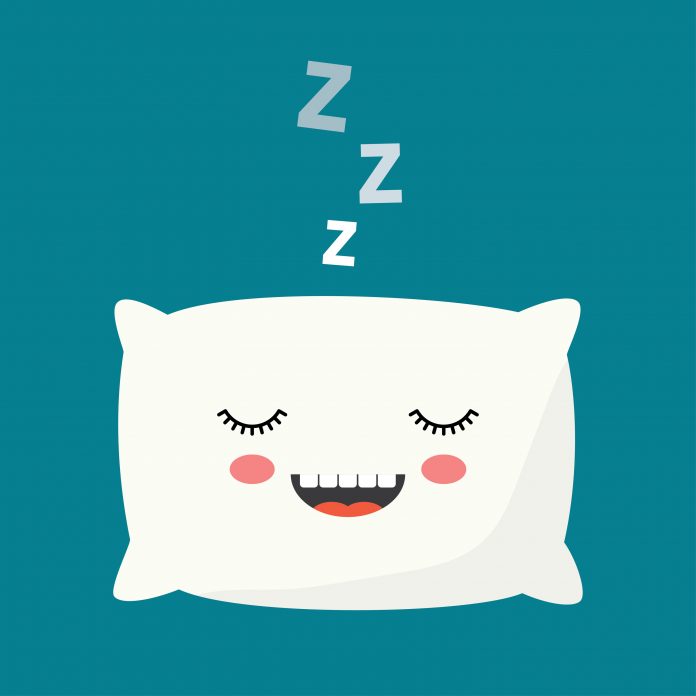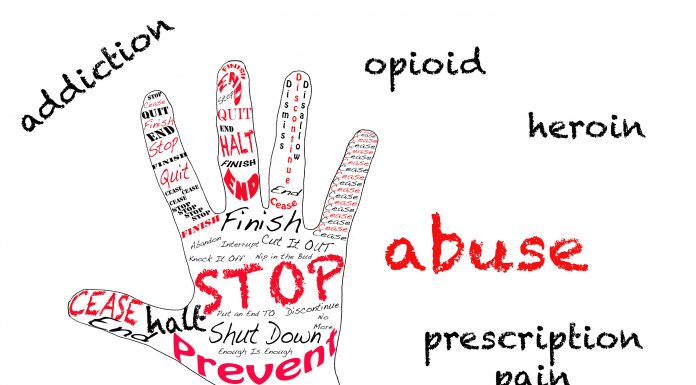A good night’s sleep can be difficult to obtain as we age. Not only can we have trouble falling asleep, we also wake up multiple times during the night and those of us who were once night owls have become extremely early birds.
Eventually, due to lack of sleep, our attention span is not what it once was, we are sleepy during the day, our lack of energy keeps us from doing the things we want to do and for some, it can lead to the use of sleep aids.
How does sleep benefit us, especially as we age?
- Our memory improves, which leads to an increased ability to learn new things.
- Our hearts and vascular systems get rest while we sleep. During REM sleep when breathing rates change, our blood pressure also changes and this promotes cardiovascular health, just like a good physical workout
- In some part, diabetes and obesity epidemics appear to be related to a lack of sleep or not sleeping at night. Sleep regulates our appetite, how we use our energy and in the end, weight control. While you sleep, leptin increases (an appetite suppressor) and grehlin, an appetite stimulant, decreases.
- Too much or too little sleep can lead to a shorter life, though the reasons are still not known. The healthiest amount of sleep per night in many studies was more than 6 hours and less than 9 hours.
- Less sleep leads to more inflammation which can cause heart disease, stroke, diabetes, arthritis and premature aging.
- Sleep loss can lead to mental and emotions problems such as anxiety, agitation and confusion. It is also common in those with depression, manic depression or bi-polar and paranoia. Being tired makes every day difficult and stressful.
- One of the most important benefits of sleep is improved cognitive function, which as we age can deteriorate. Sleep will help improve our resistance to viruses such as the cold or the flu.
- Sleep helps to repair damaged tissues and cells.
To help you get more sleep don’t forget good sleep habits:
- include physical activity during the day
- have a cool, sleep-comfortable bedroom
- no heavy meals or caffeine in the hours leading up to bedtime
All of us can benefit from more sleep but for some of us it can be a major health changer.
And if falling asleep is the issue, don’t forget to learn about ways to avoid insomnia.






















